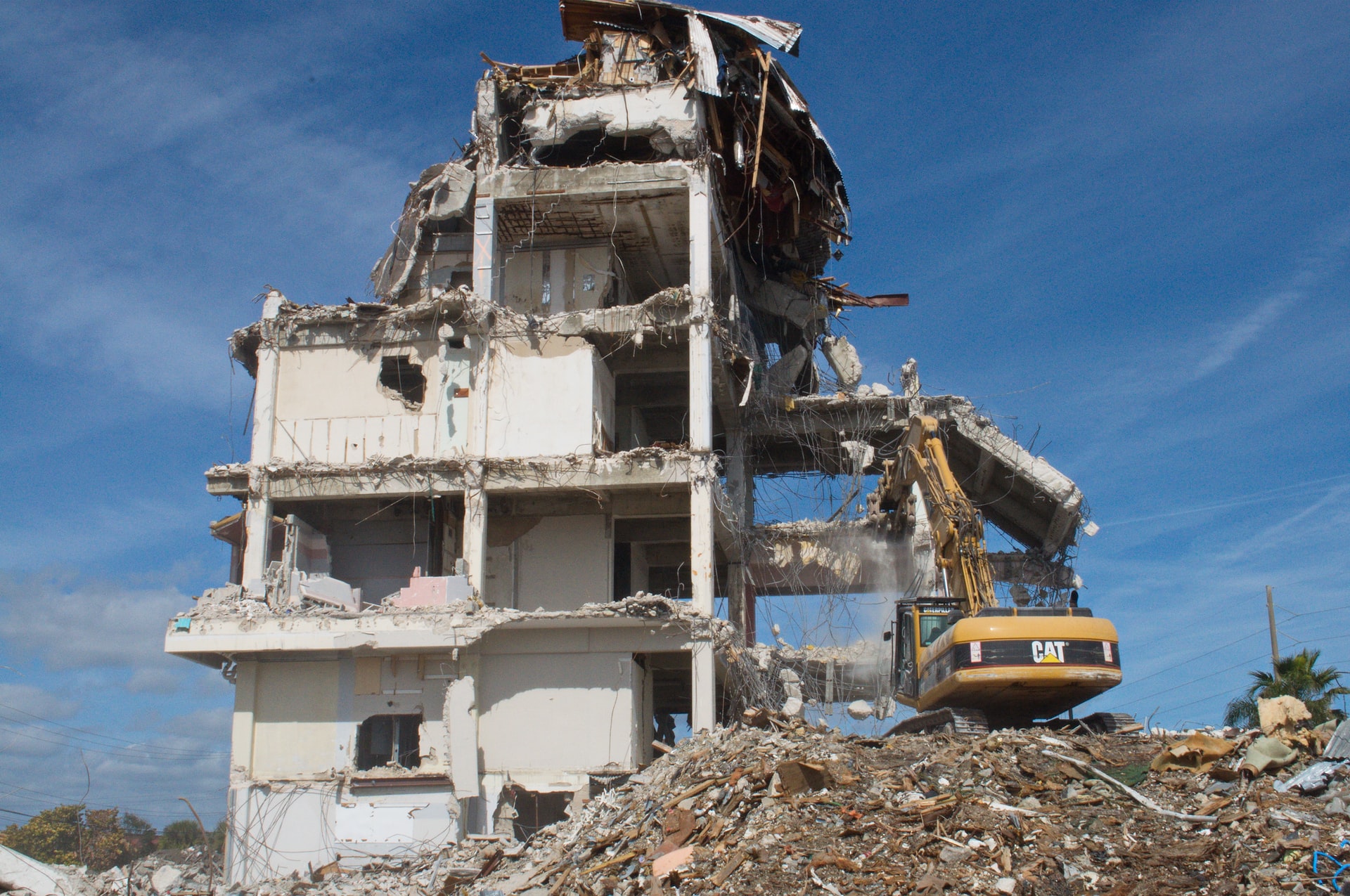Christian deconstruction…and building faith again
It’s been trending for some time now. Christian deconstruction is a phenomenon that is hard not to notice. High profile worship leaders have lost faith entirely, best selling books are triggering an avalanche of questions for pastors, and ordinary churchgoers are discovering that the Bible doesn’t seem to support what they have always been taught. Deconstructing your Christian faith involves the dismantling of the beliefs you hold, and which shape the way you view the world, examining them with a fresh pair of eyes, and discarding anything that doesn’t stand up to scrutiny. This results in a poignant question. Once the deconstruction bug has bitten, is it possible to build a resilient faith back up again?
Questioning is to some extent inevitable
Facing deconstruction of your faith is not exactly a choice. It happens when you are confronted with information that threatens your worldview, challenging you to change your beliefs in order to maintain a level of integrity. It’s to some extent inevitable that you’re going to come across new information that you didn’t know about in relation to the Bible or Christian doctrine and it’s right to question and pursue truth. Despite this, it’s often a lonely place to be, especially when many people around you may not truly understand the faith struggles you’re going through.
However, there is an admirable integrity in following the evidence where it leads, no matter the cost. The early church had to handle deceptive letters, (2 Thess 2:1-3), false prophets, (1 John 4:1), and the apostle Paul recommended that they test and examine everything (1 Thessalonians 5:21). The writer of Acts commends those in the city of Berea for checking out Paul’s teaching against the scriptures themselves by “examining the Scriptures daily to see if these things were so.” (Acts 17:11).
Add to this the warning Paul gave, (Acts 20:29-30), about many in the church who would turn away from the core message of the gospel to serve their own interests, (be that power, money, influence, or whatever else). Testing the beliefs and doctrines that you’ve been taught is thoroughly biblical. Being a faithful Christian involves having a conviction that you have owned, not simply inherited.
Deconstructing on your own
And yet, it can be a lonely place. Discovering that the teaching of eternal conscious torment in hell is almost certainly not what Jesus meant when he talked about final judgement in Gehenna, (see the discussion about Mark 9 in our podcast episode 34: Where is hell?), yet not knowing who might agree with you can be really unsettling. Learning that the word translated “soul” is actually a way of simply expressing the physical life rather than an immaterial spirit that exists after death, (as explained in episode 23: Soul), can make you wonder what else might need questioning. And if you happen to wander into the territory of questioning whether the first Christians actually believed anything remotely like the Trinity, (even though you’re in a larger minority than you might expect), you could be forgiven for wondering if you’ll have a faith that is remotely Christian at the end of it.
Part of the problem is how we imagine our faith. If it’s a tower of propositions that are all built one upon another, whenever any of the foundational beliefs are challenged the whole edifice collapses resulting in a catastrophic loss of faith that is difficult to recover. However, if we allow ourselves to continually adjust our beliefs based on the information we have, our faith system will operate more like a web of linked ideas that changes and adapts to integrate new information. (See episode 13 where author Tom Gaston explains this model in more detail when discussing his book Founding a Faith). The problem is that churches typically view deconstruction as a threat, as if the very foundation of Christianity is under attack in an attempt to topple faith entirely.
Still a Christian after deconstruction
And yet, there are growing communities which have re-thought many things and which are there to help deconstructing Christians navigate this difficult path. In fact, there are even churches and denominations which have always taught some of these different doctrines, for hundreds of years!
Our contributors to Bible Feed are all members of Christadelphian churches, but we’re not entirely unique throughout history. Other church affiliations have embraced similar beliefs that teach a biblical doctrine of one God and one mediator between God and men, the man Jesus Christ, (1 Timothy 2:5), alongside the expectation that God’s kingdom is on a restored earth, not in heaven. For example, check out the Unitarian Christian Alliance for a wide range of different churches and groups who have specifically deconstructed the trinitarian understanding of God.
Being part of a community that has always taught resurrection instead of heaven-going, representative and participatory atonement instead of penal substitution, death of the wicked instead of eternal torment in hell and so on, means that we might just be able to help the deconstructing Christian in their hour of need. Finding a community, a church, or even just a podcast resource that helps you keep focused on Christ, and maintains a strong biblical foundation without the extra traditions could be very valuable. It could help to reassure you that there have always been people who have deconstructed significant doctrines, whilst retaining a faith, by returning to what the Bible actually says.
Christian deconstruction doesn’t have to end up with a complete lack of faith. And you don’t need to work through it on your own. You can build a stronger and more resilient faith again.
Further resources
Get in touch with us at Bible Feed if you want to reach out and connect with others in your area.
We explained what Bible Feed is all about in episode 10 of the podcast. Listen to it right here or take a look at the Show Notes to find out more.

